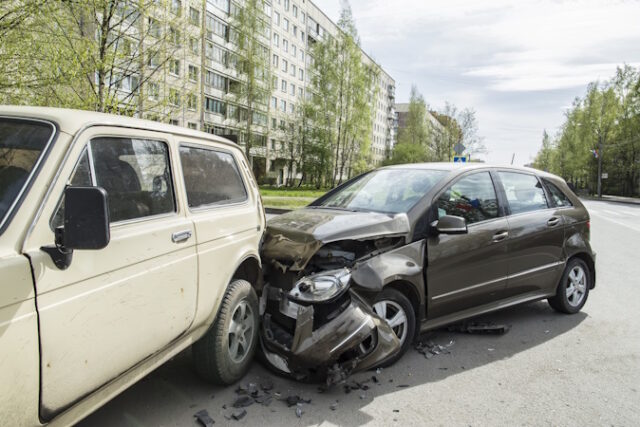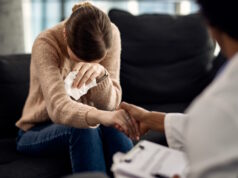
Millions of accidents happen on America’s roads each year. Facing the aftermath of those situations isn’t easy. In fact, the auto accident settlement process alone can be exceedingly complicated and confusing. Understanding how settlements work can help clear up some of the turmoil to make matters simpler and a bit less frightening.
Gathering Evidence
After an accident occurs, everyone involved should gather evidence. This includes taking photos of the accident scene, vehicle damage, injuries, and road conditions. Eyewitness statements, police reports, and medical records will also serve as critical evidence for getting a settlement that’s fair.
This first and extremely important step in the settlement process may not be possible if severe injuries occur, but at the very least, police reports will serve as a basis for moving forward with a case.
Seeking Medical Attention
If injuries are sustained, seeking immediate medical attention is crucial. Even minor injuries might have long-term consequences. A thorough medical evaluation will document the extent of the injuries and help to prove that the accident caused them.
Medical records will play a significant role in determining fair compensation for not only injuries but any medical needs and expenses they may bring about in the future.
Contacting Insurance Companies
Everyone involved in the accident should contact their insurance companies to report the accident and file a claim as soon as possible. The insurance companies will assign adjusters to investigate the accident and assess the damage. It’s important to provide accurate and detailed information to the adjusters. From there, it’s time to file claims. That process varies by insurance company, but the basic steps are generally similar.
Determining Fault
Law enforcement officials and insurance adjusters will assess the evidence to determine who was at fault in the accident. The degree of fault can impact settlement amounts. Some jurisdictions follow comparative negligence rules, which means each party’s level of fault influences the compensation they can receive.
Many people find that they need legal representation to persuade insurance companies to provide fair compensation for their injuries, medical expenses, and property losses.
Negotiations
Once the extent of damages and fault is determined, negotiations between attorneys and insurance companies begin. The injured person’s lawyer will present a demand letter outlining damages, medical bills, lost wages, and other relevant expenses.
The insurance company will then respond with an initial settlement offer. This offer might be lower than the demand, but it can serve as a starting point for negotiations.
The injured person’s lawyer will take a look at the offer and discuss it with the client. If necessary, he or she will make a counteroffer. Finding an acceptable compromise can take time. When both parties reach an agreement on the settlement amount, the terms are formalized in a settlement agreement. This agreement releases the insurance company from any further liability as well.
Receiving Compensation
After the settlement agreement is signed, the insurance company processes the payment and sends out a check. Legal expenses are deducted from the settlement amount before the remaining funds are sent to the injured person. Once all that is completed, the case is considered closed.
Forging Through the Settlement Process
Auto accident settlements can be confusing, but understanding the steps involved clarifies the situation. Though receiving a settlement doesn’t always require help from an attorney, having legal representation is recommended. It’ll take much of the guesswork out of the process and ensure those who are injured receive the compensation they’re entitled to after an accident.












